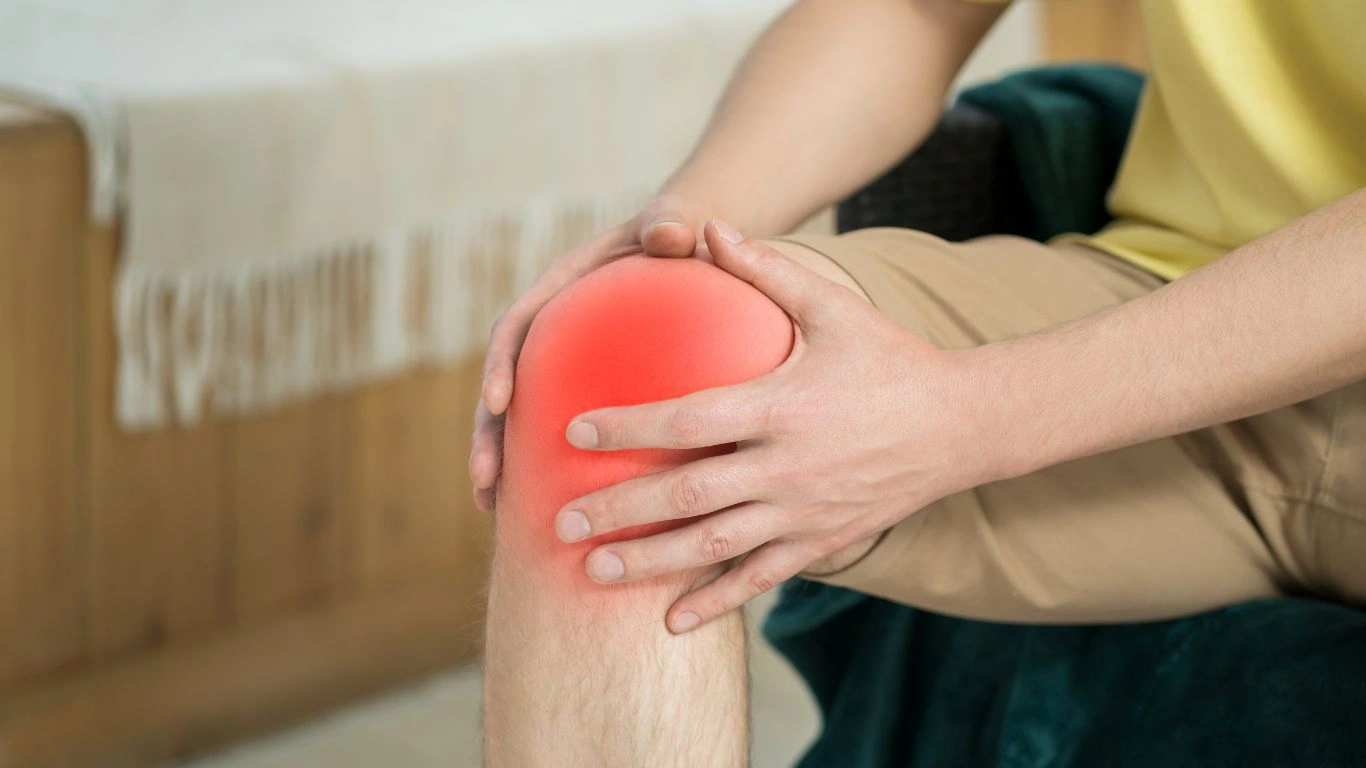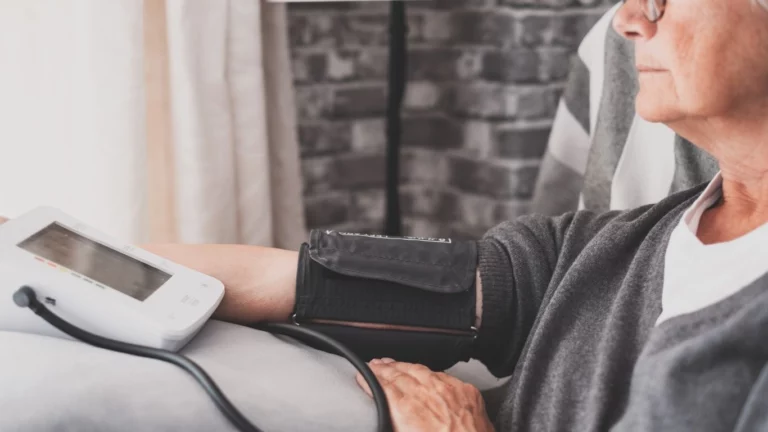Rheumatoid Arthritis and Vitamin D Deficiency: What You Need to Know
If you’ve got rheumatoid arthritis (RA), you might already know that it’s not just about stiff joints and inflammation. It’s a whole-body issue, often affecting your energy levels, mood, and overall health. What’s less talked about, though, is the role that vitamin D plays in managing RA. You might be wondering, “What’s the connection?” Well, it turns out that vitamin D deficiency can make things worse for people with RA, and understanding this link can be a game changer in how you manage both.
What is Rheumatoid Arthritis (RA)?
Before we dive into the vitamin D connection, let’s quickly go over what RA is. Rheumatoid arthritis is an autoimmune disorder where your immune system starts attacking healthy joints, causing inflammation, pain, and even long-term damage. Unlike osteoarthritis, which is more about wear and tear on the joints, RA can affect your entire body. 
What’s the Deal with Vitamin D?
Vitamin D is a fat-soluble vitamin that’s super important for bone health and immune function. The best-known role of vitamin D is helping your body absorb calcium, which is crucial for strong bones. But did you know that it also plays a part in regulating your immune system?
How Does Vitamin D Deficiency Affect RA?
Now, let’s talk about how vitamin D deficiency could impact your RA.
1. Worsened Inflammation
Inflammation is the core of rheumatoid arthritis. When your body doesn’t have enough vitamin D, your immune system becomes more prone to inflammation. Studies have shown that people with RA who have low vitamin D levels tend to experience more severe inflammation and pain.
2. Increased Joint Damage
Vitamin D helps with the maintenance and repair of bones and joints. Low levels of vitamin D in RA patients can lead to more rapid joint damage. So, even though RA is the primary cause of joint deterioration, a vitamin D deficiency could speed up the process.
3. Weak Muscles and Bones
Vitamin D is also essential for muscle strength. People with RA are already at risk of muscle weakness due to pain and inflammation, and adding a vitamin D deficiency into the mix can make this even worse. This can make simple tasks more challenging and may lead to increased frailty over time.
4. Mood and Energy Levels
If you’re feeling low or more fatigued than usual, it might not just be the RA. Vitamin D plays a role in regulating mood and energy. Deficiency can make you feel more depressed or drained, which only adds to the challenges of living with RA. 
What Can You Do About It?
If you’re dealing with RA and vitamin D deficiency, the good news is that there are things you can do to improve your vitamin D levels and overall health. Here are a few tips:
Can Vitamin D Treat RA?
While vitamin D can help improve your RA symptoms and potentially slow down joint damage, it’s not a cure-all. Think of it as a complementary part of your overall treatment plan. If you’re still unsure about how vitamin D fits into your RA treatment, having a conversation with your rheumatologist or healthcare provider can help you understand what’s best for your situation.
Conclusion: The Power of Vitamin D for RA
In a nutshell, there’s a significant link between vitamin D and rheumatoid arthritis. If you’re dealing with RA, making sure your vitamin D levels are optimal can help reduce inflammation, protect your joints, and even improve your mood and energy levels. So, try getting more sunlight, eating vitamin D-rich foods, and, if needed, taking supplements to support your overall health and help manage your RA symptoms. 

Appendices
References
- Smith, J., & Johnson, A. (2023). Vitamin D and its Impact on Rheumatoid Arthritis: A Comprehensive Review. Journal of Rheumatology, 45(6), 30-35. Read Article
- National Institutes of Health. (2024). The Role of Vitamin D in Joint Health. NIH Research Brief, 18(4), 12-19. Read Article
- Johnson, L., & Patel, S. (2023). Autoimmune Disorders and Vitamin D Deficiency: A Closer Look. Rheumatoid Research, 29(2), 88-92. Read Article
FAQs
- Can vitamin D deficiency worsen rheumatoid arthritis? Yes, studies suggest that low vitamin D levels can increase inflammation and joint damage in people with RA. It is important to maintain adequate vitamin D levels to help manage the symptoms of RA.
- How can I get more vitamin D if I have RA? You can get vitamin D from sunlight, vitamin D-rich foods like fatty fish, eggs, and fortified foods, and supplements. Always consult with your doctor about the best option for you.
- Does vitamin D supplementation help reduce RA symptoms? Some studies indicate that vitamin D supplementation may help reduce inflammation and improve symptoms in RA patients, although it is not a cure for the condition.
- How much vitamin D should I take for RA? The recommended daily intake varies by age, health status, and specific needs. A common recommendation is around 600-800 IU per day for adults, but higher doses might be required for those with a deficiency. Consult with your healthcare provider.
- Can vitamin D prevent rheumatoid arthritis? While vitamin D may help regulate the immune system, it is not proven to prevent RA. It can, however, help reduce inflammation and support joint health in people who have the condition.
Disclaimer
Disclaimer: The information provided in this article is for educational purposes only and does not substitute for professional medical advice. Always consult your healthcare provider before making any changes to your treatment plan or vitamin D intake. Individual needs may vary, and professional guidance is crucial for personalized care.

Tarra Nugroho is a dedicated Nurse Practitioner with a strong foundation in family and preventive care. She brings both compassion and clinical expertise to her practice, focusing on patient-centered care and health education. As a contributor to Healthusias.com, Tarra translates medical knowledge into clear, empowering articles on topics like women’s health, chronic disease management, and lifestyle medicine. Her mission is simple: help people feel seen, heard, and informed—both in the clinic and through the content she creates. When she’s not caring for patients, Tarra enjoys weekend hikes, plant-based cooking, and curling up with a good health podcast.







